Build Your Own Cold Air Intake: A DIY Guide to Boost Performance
Table of Contents
⚠️ Disclaimer:
Modifying your vehicle’s intake system can affect engine performance and warranties. Work at your own risk. Always follow safety guidelines.
Why Build a Custom Cold Air Intake?
- Increased Horsepower: Cooler air = denser fuel mixture = more power.
- Improved Throttle Response: Smoother airflow enhances acceleration.
- Cost Savings: Build for 40–40–60 vs. $200+ for pre-made kits.
- Customization: Tailor the design to your engine bay and driving needs.
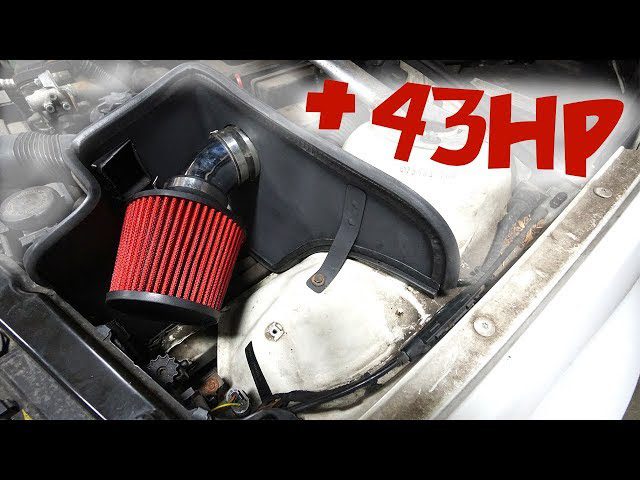
Tools & Materials
| Item | Details |
|---|---|
| Mandrel-Bent Steel Tubing | 180-degree U-bend, 2.5″–3″ diameter (match engine size). |
| K&N Cone Filter | 6″ length, 3″ opening (e.g., RU-3590). |
| Rubber PVC Clamps | 2″ size (4x), high-temp rated. |
| High-Temp Ceramic Paint | Dupli-Color or Plasti-Coat (heat-resistant, engine-safe). |
| Crankcase Vent Kit | 3/8″ rubber grommet, plastic/vinyl tubing. |
| Basic Tools | Hacksaw, drill, sandpaper, screwdriver, silicone grease. |
Step 1: Prep the Piping
- Cut the Tubing:
- Use the stock intake as a template.
- Measure and mark bends using a hacksaw or cutting wheel.
- Smooth edges with sandpaper to prevent airflow turbulence.
- Test Fit:
- Dry-fit sections from the throttle body to the bumper opening.
- Adjust angles for optimal clearance (avoid sharp bends).
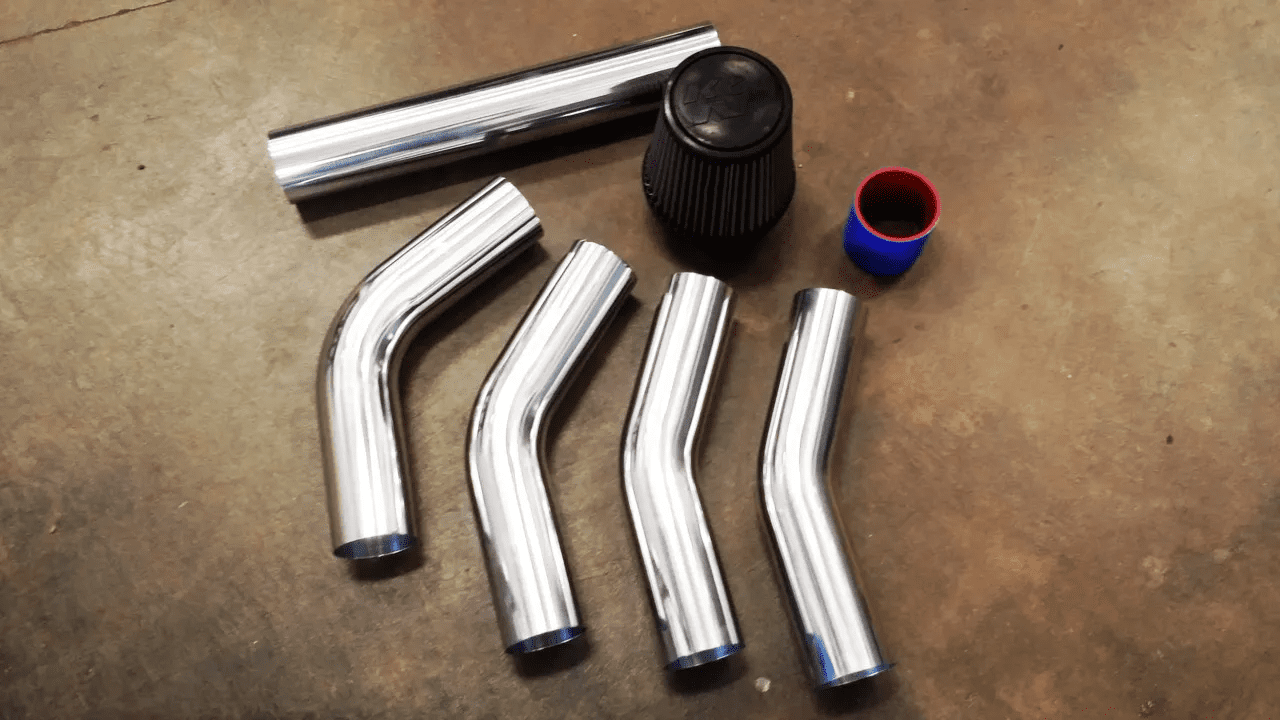
Step 2: Install the Intake
- Remove Stock Components:
- Detach the airbox, resonator, and bumper (if needed).
- Assemble the System:
- Lubricate rubber clamps with silicone grease for easier fitting.
- Connect sections in this order:
- Throttle body → Upper pipe → Middle pipe → Lower pipe.
- Secure with clamps (no gaps allowed!).
- Hydrolock Prevention:
- For rainy climates, mount the filter higher (shorten the lower pipe).
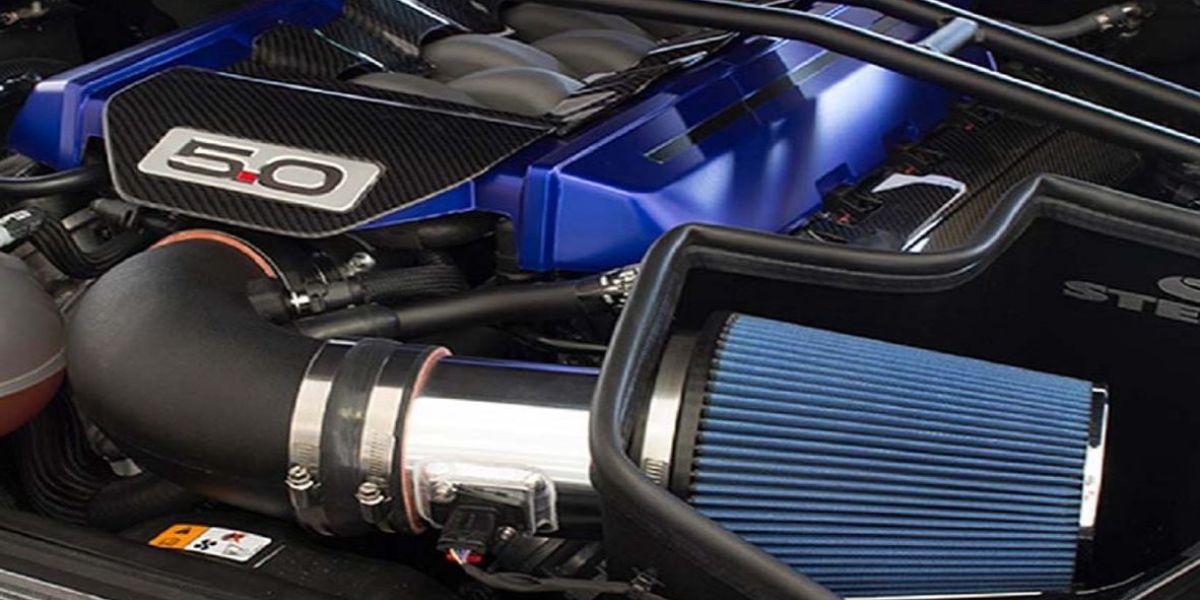
Step 3: Add Crankcase Vent
- Drill a 3/8″ Hole:
- Locate near the valve cover vent (reference stock intake).
- Install Grommet & Tubing:
- Insert the plastic tube (1″ inside, 2″ outside).
- Connect vinyl hose to the valve cover.
Pro Tip: Avoid kinks—ensure smooth airflow.
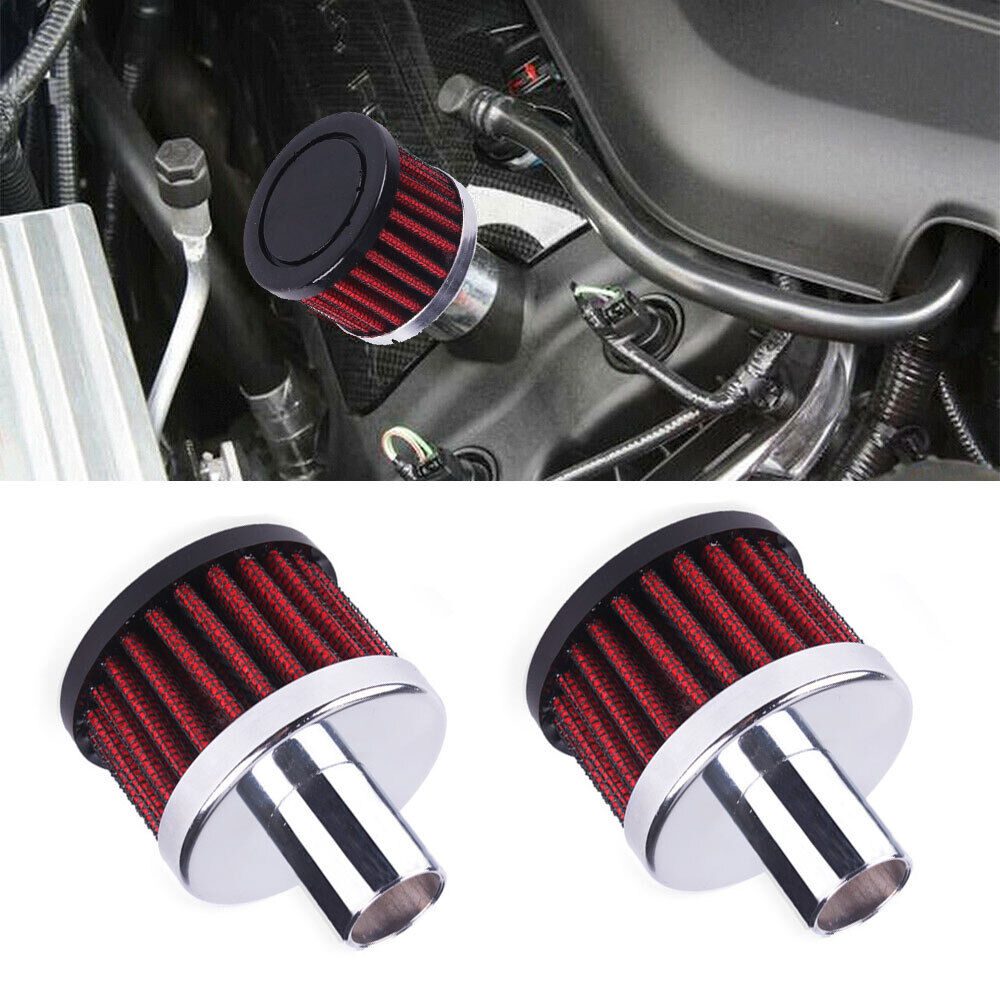
Step 4: Paint & Protect
- Clean Thoroughly:
- Degrease pipes, then wipe with isopropyl alcohol.
- Spray Paint:
- Apply 3 light coats inside the pipes first (prevents rust, smooths airflow).
- Paint the exterior with 4 coats for heat resistance.
- Dry & Inspect:
- Cure overnight. Remove debris with a cloth dragged through the pipes.
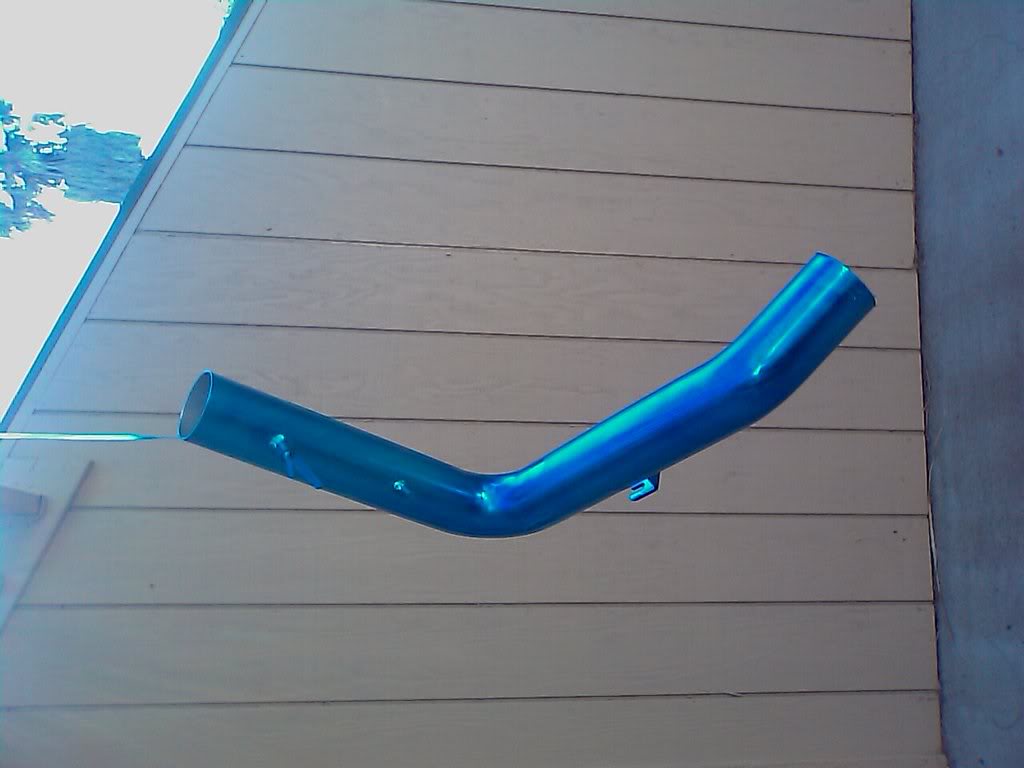
Step 5: Final Assembly
- Reattach Components:
- Bolt the filter to the lower pipe from under the bumper.
- Reconnect Sensors:
- OBD-II Cars (1996+): Drill a second hole for the intake air temp sensor.
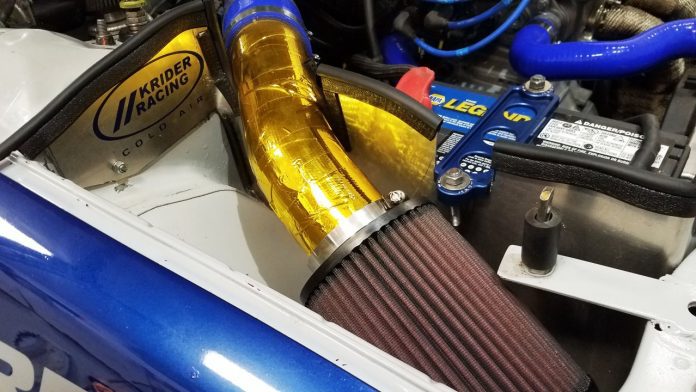
Pro Tips for Success
- Use Mandrel Bends: Maintains pipe diameter for unrestricted airflow.
- Avoid Oversized Pipes: 3″ suits Type R/H-series engines; 2.5″ for smaller motors.
- Check for Leaks: Spray soapy water on joints—bubbles indicate gaps.
Troubleshooting FAQ
Q: Will this void my warranty?
A: Potentially. Check your manufacturer’s guidelines before modifying.
Q: My engine runs lean after install. Why?
A: Incorrect pipe sizing or air leaks. Use a OBD-II scanner to monitor AFR.
Q: Can I reuse the stock MAF sensor?
A: Yes—ensure the pipe diameter matches the sensor housing.
When to Buy a Pre-Made Kit
- Lack tools/time for fabrication.
- Own a turbocharged/intercooled engine (requires precise tuning).
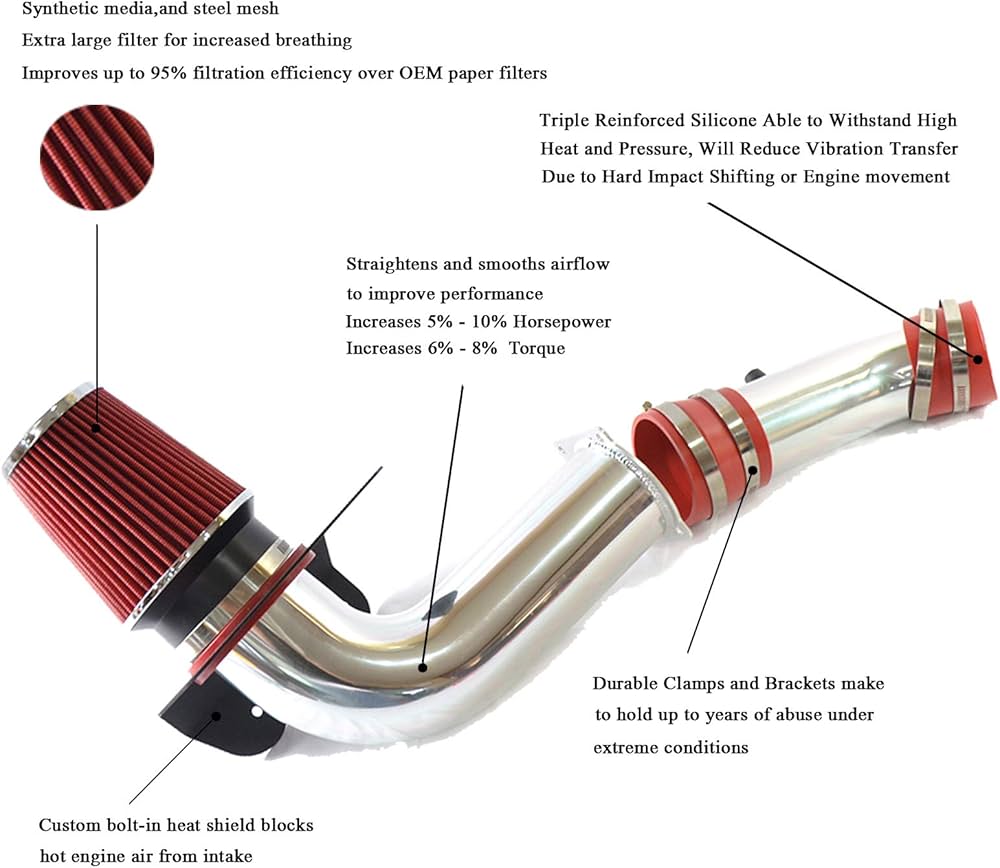
Conclusion
A custom cold air intake unlocks your engine’s hidden potential. Share your build online, and tag us to showcase your craftsmanship!
Expand Your Automotive Knowledge 📝
Explore 500+ Free Expert-Curated Guides
🚗 Learn New Skills
From basic maintenance to advanced repairs — clear, actionable tutorials for every skill level.
🌍 Access Anywhere
Mobile-friendly guides with HD visuals. No downloads required.
- Guides & Tutorials
- Car Maintenance 101
- Diagnostics & Troubleshooting
- Seasonal Maintenance
- Budget-Friendly Repairs
- Electrical Systems Guide
- Car Safety & Reliability
- Tools & Product Reviews
- Routine Maintenance
- Car Modifications & Upgrades
- Buying/Selling Guides
- Eco-Friendly Car Care
- Advanced Repairs
- Car Laws & Compliance
- Emergency Repairs
- Future Car Tech